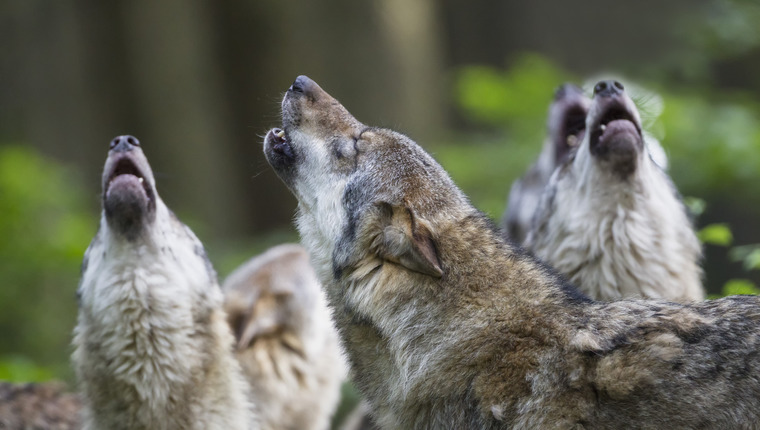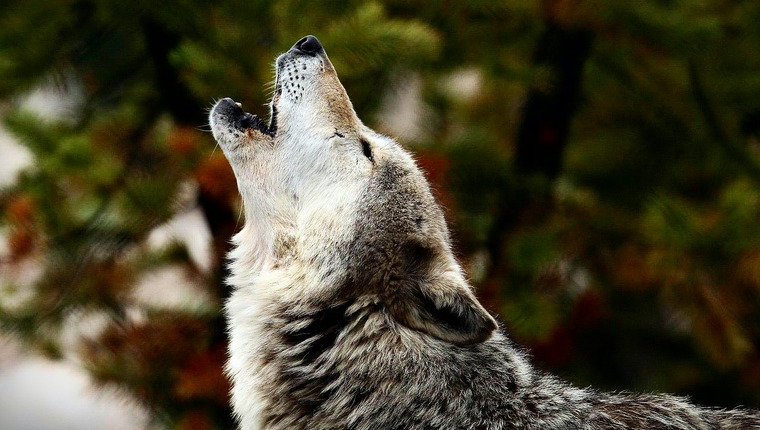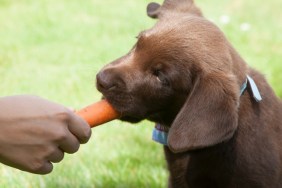
How do dogs respond to wolf howls, and why? This was the central question of a new study from Eötvös Loránd University (ELTE) in Budapest.
If that name sounds familiar, it’s probably because the university is home to some of the world’s preeminent dog research. In the past, ELTE has done incredible work uncovering the mysteries of the canine brain. Previously, a study from the university found that dogs can discern between human languages. Understandably, these breakthroughs have attracted support from other prestigious schools, including Princeton.
For this study, researchers asked why some dog breeds respond to wolf howls by howling themselves while others abstain. Although howling is common among all wolves, the behavior is more selective among domestic dogs. According to ScienceAlert, “[ELTE] ethologist Fanni Lehoczki and colleagues put 68 purebred pet dogs to the test” by documenting their reactions to recorded wild wolf howls. Thankfully, Lehoczki and the team did us all a favor by posting the results on Youtube.
Older Breeds Respond More to Wolf Howls
Interestingly, researchers divided their furry test subjects by genetic distance from wolves; believing it could be a factor. That hypothesis turned out to be true. Amazingly, the study found that ‘ancient’ breeds—usually working breeds—responded by howling more than newer breeds.
However, that’s not all. The study also found that all dogs, regardless of breed, howled back more frequently before the age of five. Perhaps, the study argues, some “age-related personality effect” causes dogs to howl less as they mature. What’s interesting is knowing that all dogs can howl, but some breeds ‘choose’ not to.
More Stress Behaviors From Older Breeds Too
Curiously, researchers also discovered that modern breeds, usually selected for docileness, barked more than ancient breeds. Ostensibly, this could mean that while older breeds are trying to talk back to the wolves, newer breeds are trying to get their humans’ attention. Additionally, the study found that older breeds also showed stress behaviors like licking or urinating. Fascinatingly, researchers suggest that, by virtue of their genetic relation, older breeds “can process the information encoded in wolf howls better”.
Concludingly, the study presents more questions about canine communication than it can answer. However, researchers are curious to continue studying how social and environmental factors affect vocal communication evolution.
The study has been published in Communications Biology.





